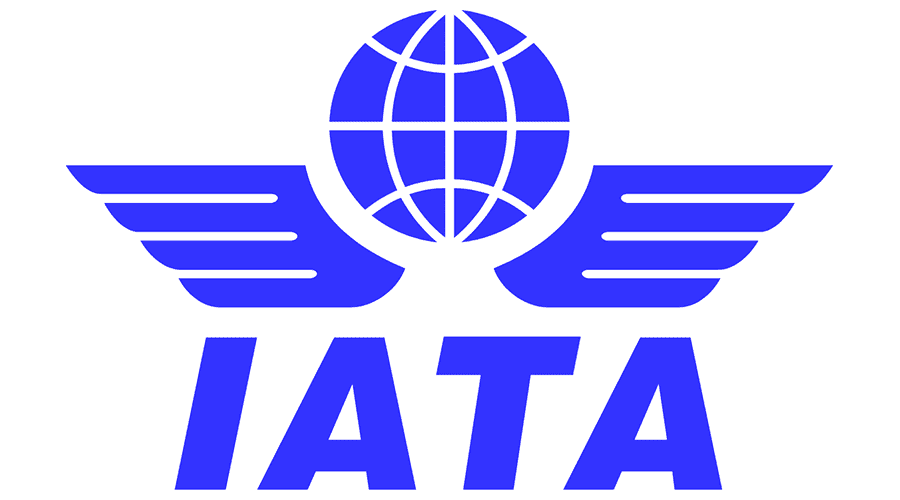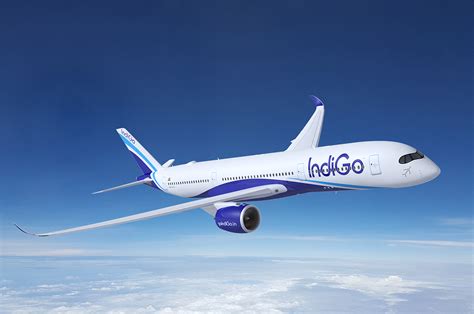
iata logo 1
Through July 2022, Nigeria and Zimbabwe were very unpopular with the airline community. The two countries held $565 million of the $1.4 billion in airline revenues trapped in Africa. Globally, 11 countries in Africa accounted for 78% of the $1.8 billion in airline revenues blocked in different parts of the world. However, the international airline lobby IATA now has reason to smile. The two countries have made astounding progress, settling the bulk of their bills. Nigeria and Zimbabwe clear bulk of blocked airline funds
According to Kamil Al-Awadhi, IATA’s Vice President for Africa and the Middle East, Zimbabwe had by early September cleared 90% of its’ bill, while Nigeria, which in August released $265 million of the $465 million it owed, was making good progress with a payment plan that also covered projected monthly accruals.
“Nigeria was the highest defaulter globally, but after we went through rounds of talks, the message got through and they started with a $260 million payment and they followed through almost immediately,” says Kamil. “They settled more than paid 50% and if some airlines did not get their money, it is because they did not submit their bills in time,” he added, saying he hoped Nigeria to clear the backlog by the end of October.
Nigeria was in the news last August when Emirates threatened to suspend services to the country by September 1 if its funds amounting to $85 million at the time, were not released.
Zimbabwe, which owed $100 million, exceeded IATA’s expectations when they settled 90 % of their bill and committed to a payment plan that covered monthly additions and the backlog.
“They have done beautifully. I commend the Zimbabwe government for doing so well. They were receptive from day one, showing us their numbers, came up with payment plan and paid 90% as soon as they had the cash,” says Kamil.
Nigeria and Zimbabwe are, however, only part of the headache. There is still $835 million to recover with some double-digit defaulters such as Algeria ($96 million), Eritrea ($79 million), and Ethiopia ($75 million).
“We have some countries that I will give the benefit of the doubt and go through another round of negotiations again, to explain to them the detrimental effects this will have on their economies down the road and the possible consequences other countries and airlines will take against them,” Kamil says, emphasizing that cash strapped carriers, many surviving on loans and government credit, should be paid if they are to remain afloat.
Views: 1




